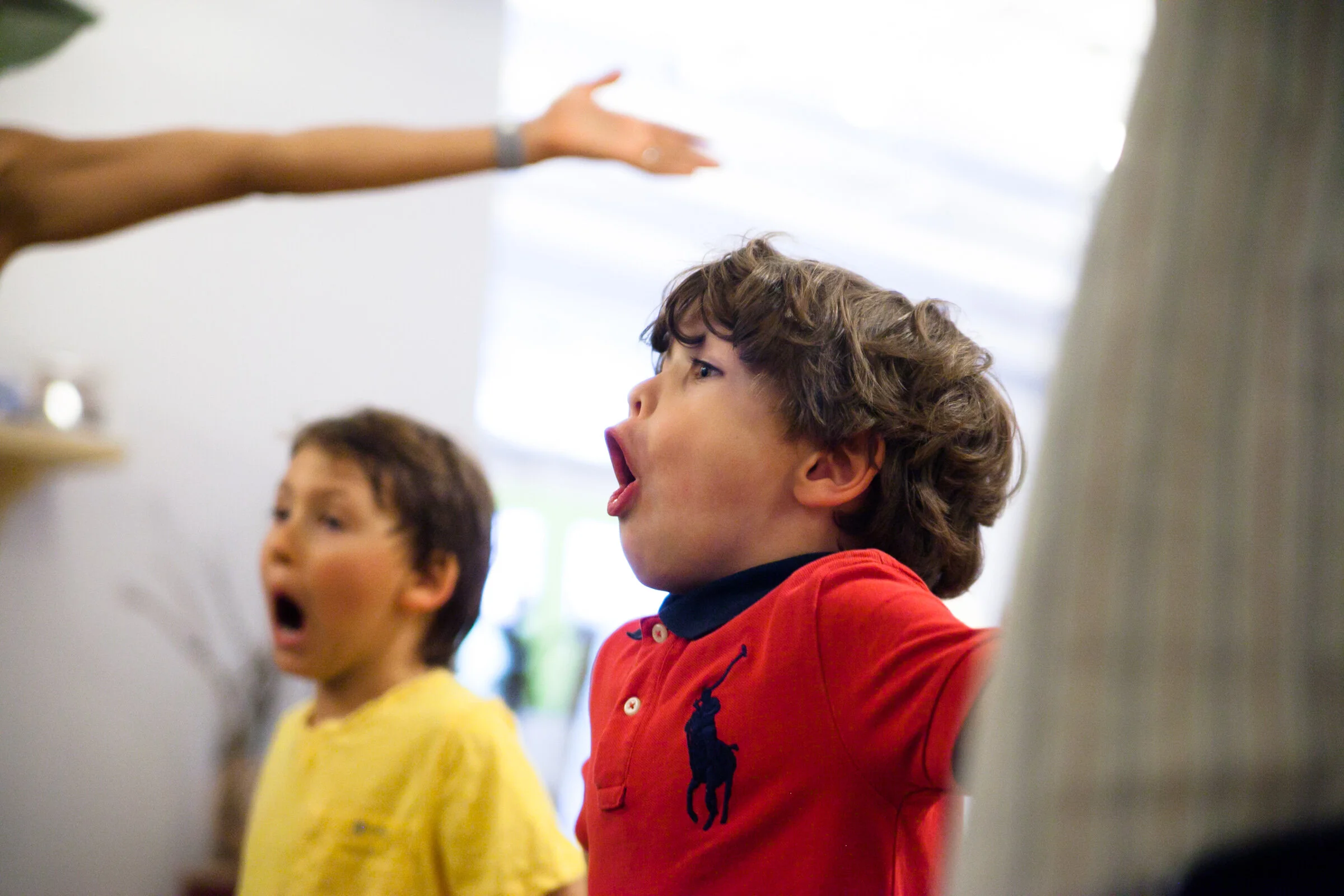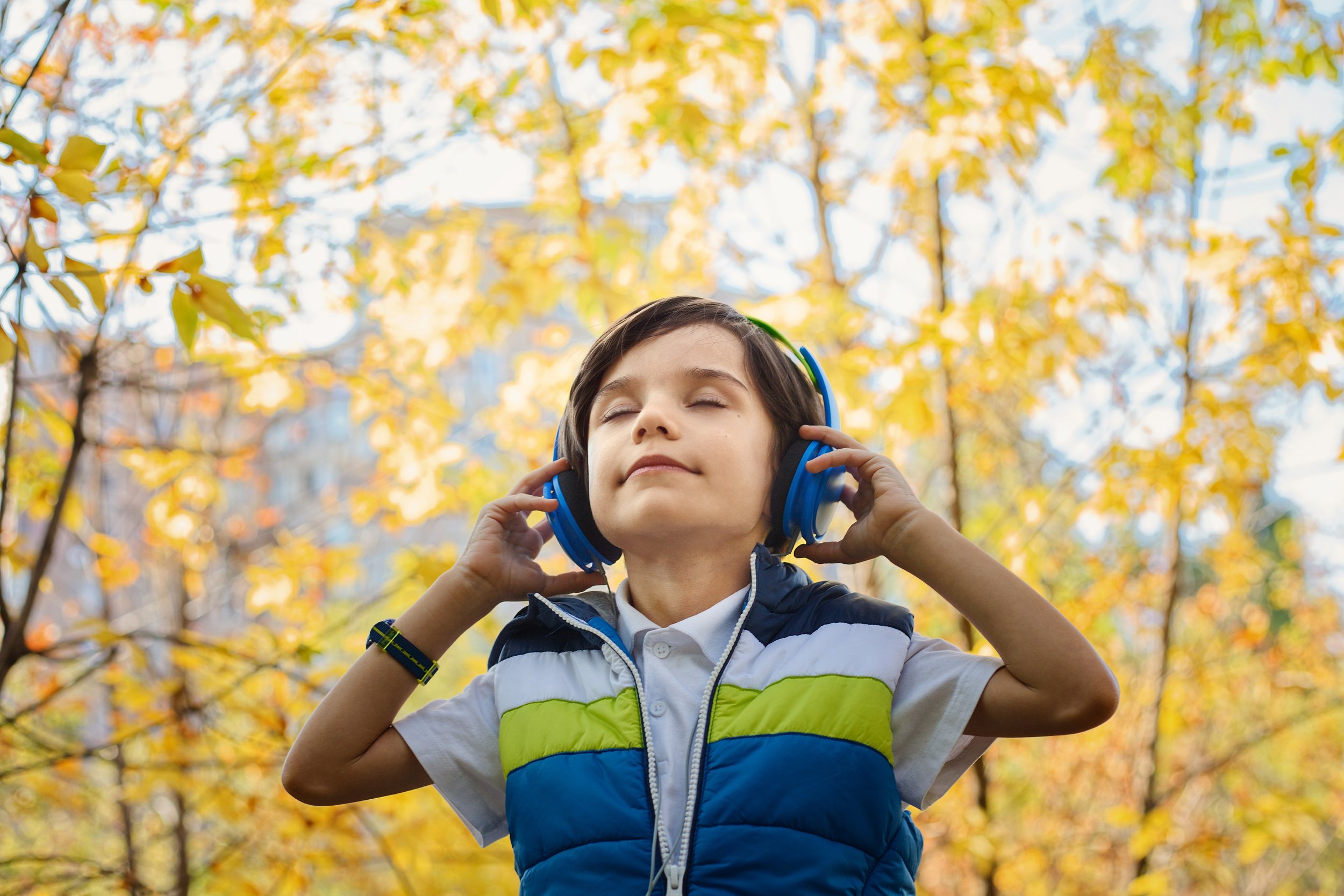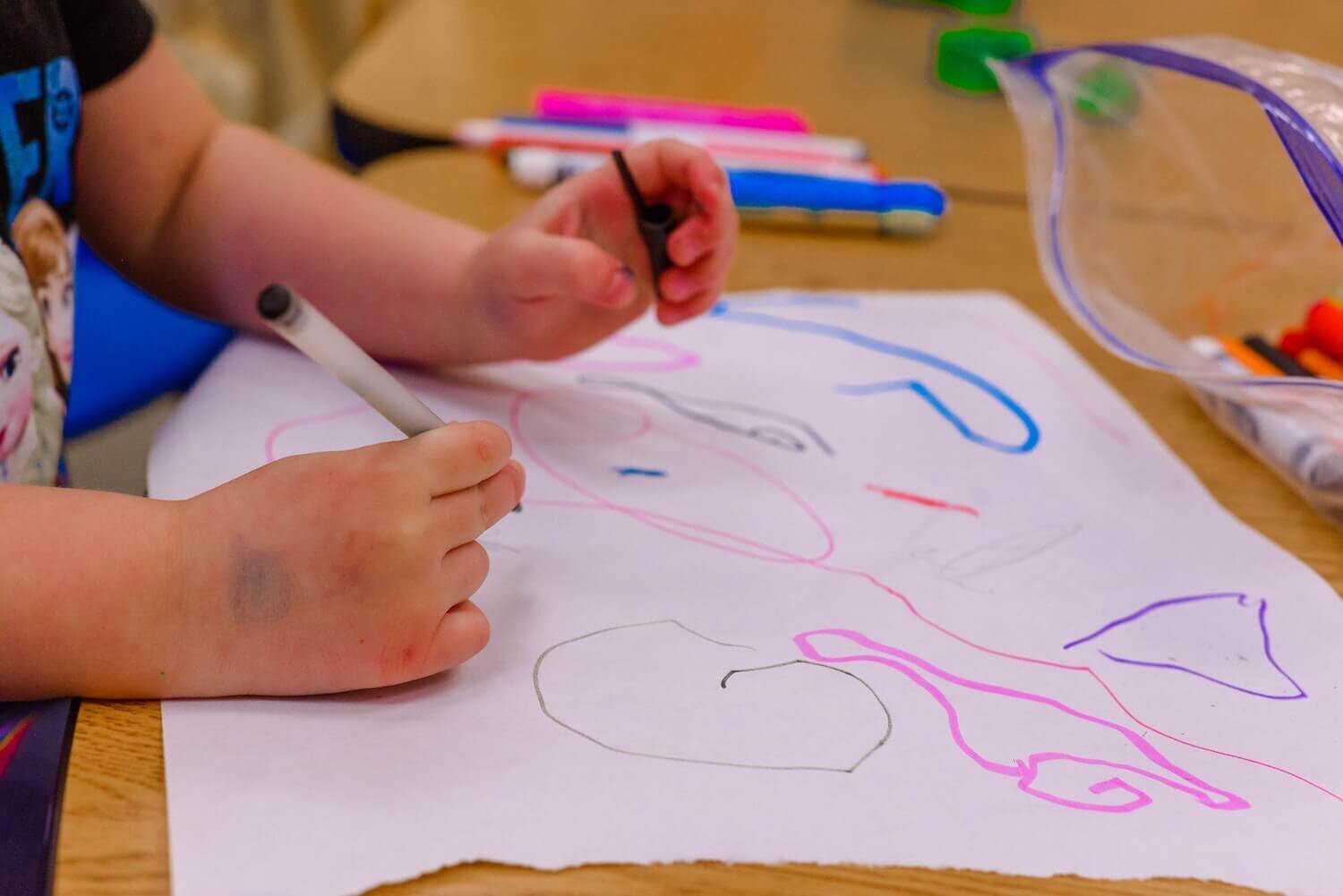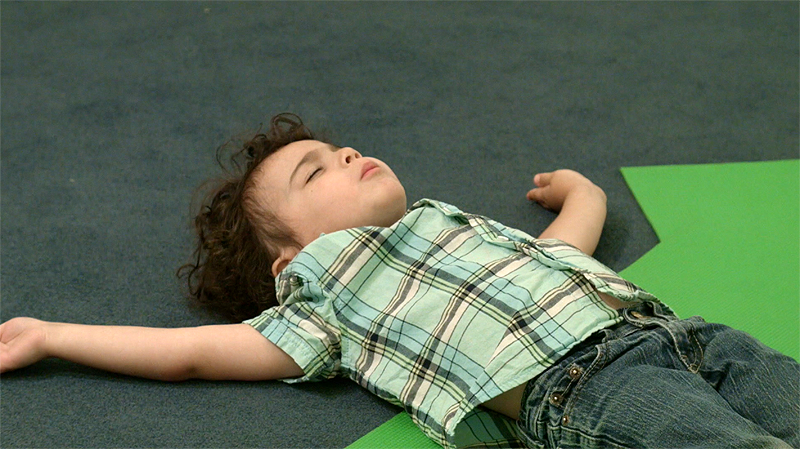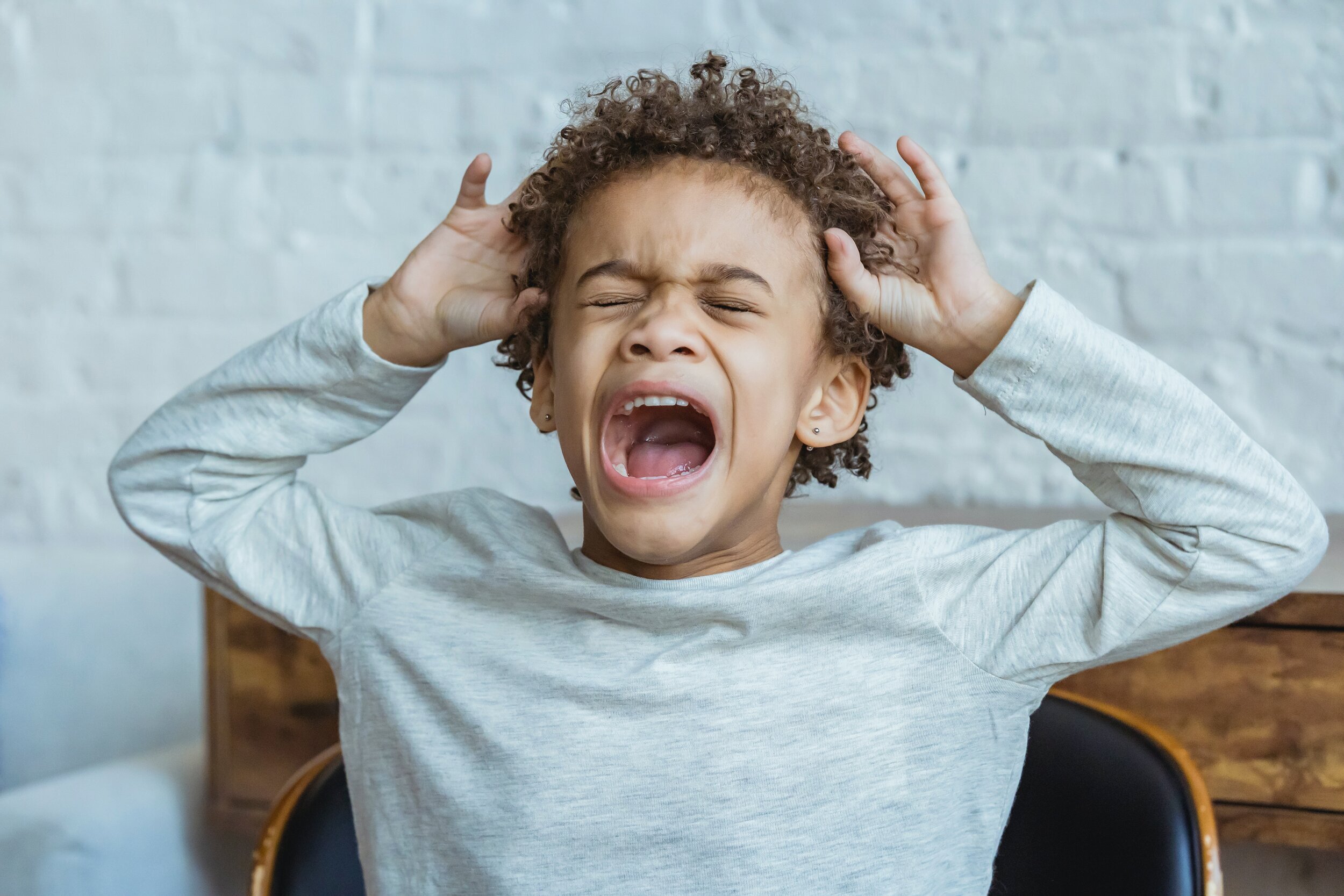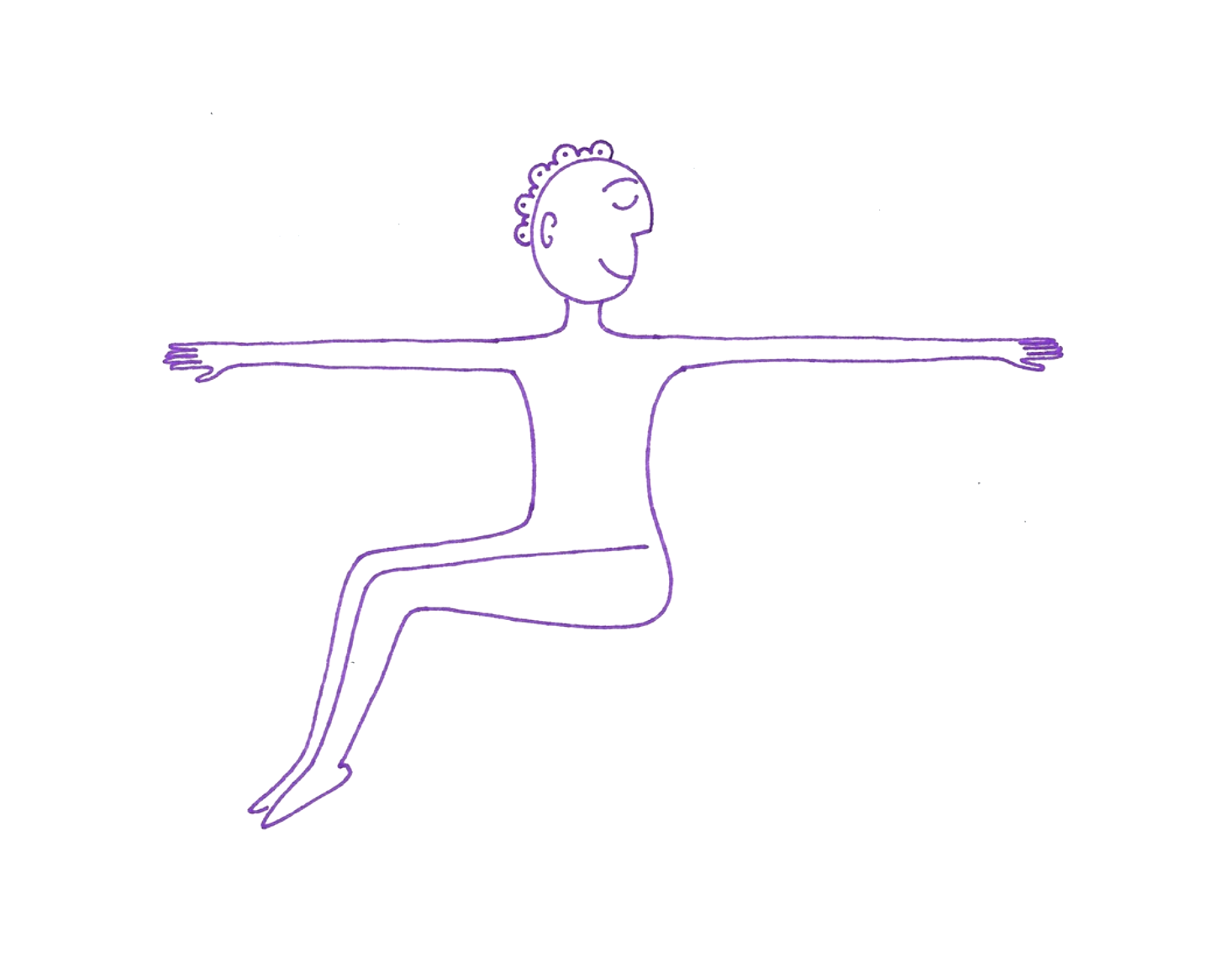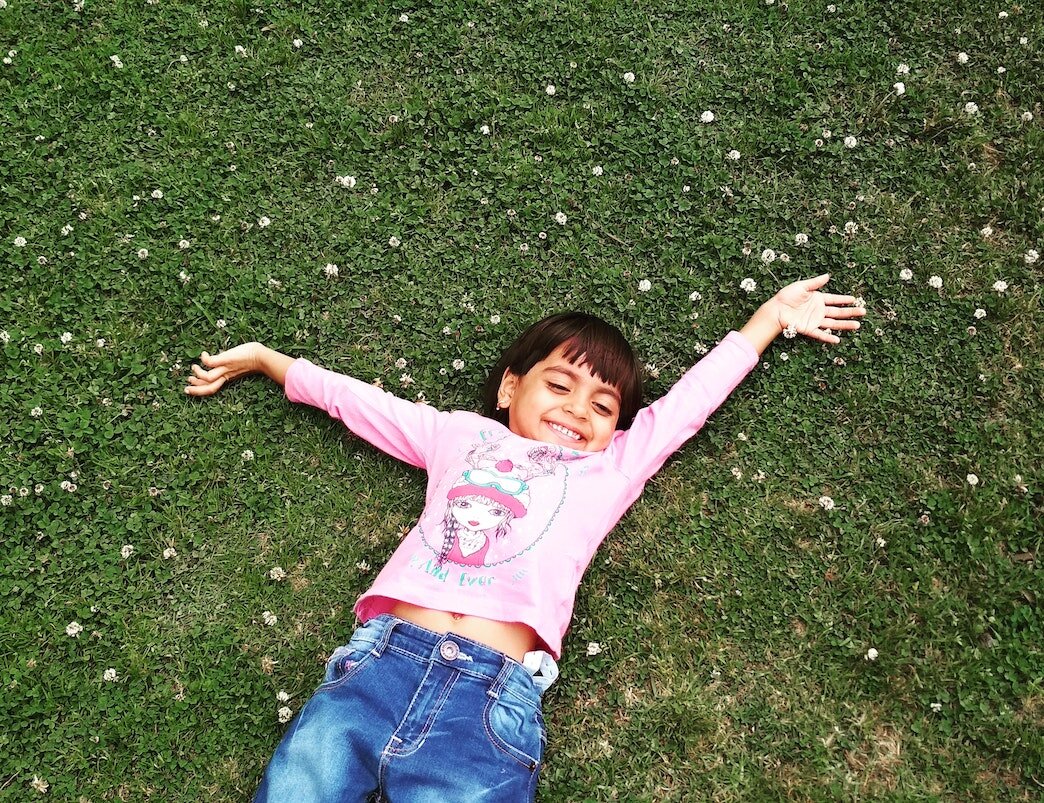Radio Stations Are Banning The Wrong Holiday Song
/“If there’s something wrong, speak up!”
Photo by Spencer Backman on Unsplash
All year leads to December. All the songs start to jingle. Stress and sugar-high abound -- in people of all ages. Crowded shopping, people rushing, this is Christmas’s big scene. Just writing that, I need a deep breath.
Use this guided breathing exercise to take a deep breath:
Holiday Song Controversy: “Baby It’s Cold Outside”
Earlier this month, radio programmers in Cleveland, San Francisco, and elsewhere issued a ban on “Baby, It’s Cold Outside,” a comedy tune written in 1944 by Frank Loesser (“Guys and Dolls”). Lyrics like “Hey, what’s in this drink?” could imply mischievous intent by a predator, and in the #MeToo era, critics suggest that such lyrics are especially triggering.
Some offer a rebuttal that the song is just outdated comedy. Others see the lyrics as verbal foreplay to a consensual encounter, while a feminist perspective suggests the song is ahead of its time: a sex-positive woman who wants to stay over, but knows she “ought to say no, no, no sir” because society will reject her.
Little did these radio programmers, song enthusiasts and Loesser-haters know: they’ve been missing the real concern. All this chilly hubbub while the real culprit -- a seasonal song with real, indisputable issues -- blares out of radios, sound bars and earbuds coast to coast, right under our sniffling noses.
The Real Christmas Song Problem
“Santa Claus is Coming to Town” is probably, no, certainly the stickiest of the seasonal sap. And maybe not for the reasons you’ve heard before. The song is taught to children as a Christmas tradition and everyone cheerfully sings along, accepting the song as a Christmas hallmark.
Photo by Michael Nunes on Unsplash
So what’s wrong with the popular holiday tune?
We’ll state the obvious: “He sees you when you’re sleeping. He knows when you’re awake.”
That is not true nor comforting. And while Santa is a longstanding tradition with some respectable roots in do-good-ery, and he may be the face of the Christmas season… instilling fear that a jelly-bellied old man hiding behind massive whiskers is lurking well, anywhere (let alone over our kids’ beds), seems unnecessary -- if potentially damaging.
Now We’ll State the True Crises of this Song
There are three major issues with the song, “Santa Claus is Coming to Town”, and it is affecting our children.
That Santa is going to find out who’s naughty or nice. Two lists. That’s it.
This is problematic on so many levels. Can children actually BE naughty OR nice? Are children (or people) ANY one thing? When my 4 year-old takes a toy away from his 1 year-old brother, we talk about what he did -- an action: take -- and do not categorize him as GREEDY, a THIEF, or a BAD PERSON, or imply that his action means that he IS anything.
”Naughty or nice” is a binary set -- but what if I took a toy from my little brother, and gave it to his crying friend? Which list do I go on now? What about finding out if children feel excited, curious, perplexed, shy, empathetic, or something else? Saying “He’s going to find out who’s naughty or nice” is like asking your child, “Who are the good kids in your class and who are the bad kids?” Isn’t every child more unique than that?
The implications of rewards-based naughty/nice sorting: Santa will bring gifts for the nice children.
Deciding that some children are bad is exponentially worsened by implying that those children are not entitled to gifts. Extrinsic motivation (rewards given to or withheld from us by an outside source) in the form of punishment has been frequently criticized by progressive educators.
Why on this special holiday should we encourage the gift giver to pass over certain houses? Some of the judgment passed on these children may derive from circumstances completely out of their control -- like how much food they have access to, or what resources or opportunities have been presented to them.
Lauren Benson - a singer, artist, activist and Yo Re Mi teaching artist - puts it in even clearer terms: “We all know it’s actually privileged children who get presents and impoverished children who don’t. How many parents are struggling through the holidays cause jobs are closed and hours are less that month? Or going into debt to be Santa? Or praying to work time and a half holidays to pull it off? So why confirm what poor kids are told about themselves by society every day - that they deserve their lot in life? Why help them internalize the messaging that they’re “bad” if they get less or no presents?”
Implicit bias and explicit discrimination are not things of the past. We have to actively advocate for every child in every circumstance. There is no higher mandate.
“You better not cry….”
As another of our amazing teaching artists explained during a recent discussion, “I tell children that crying makes me feel better. You couldn’t hold in your laughs all the time -- you have to let them out. Same with crying.”
When we ask children to stifle their emotions, it’s equivalent to telling them that their feelings do not matter, or should not be seen, or are in some way wrong. We encourage a growing self-awareness, and define mindfulness as “observing without judgment.” Honoring your emotions, whatever they are, is one step to knowing yourself.
We love mindful & inclusive holiday songs like this one!
Can the Holiday Song, “Santa Claus is Coming to Town” Be Fixed?
I don’t really think so. And Santa’s not alone in this drama -- Rudolph’s fair-weather reindeer friends are a rather toxic lot, don’t you think?
I tend to stick to the winter themed and holiday songs which everyone can sing together, gladly and without exception.
Celebrating occasions in song is a universal marker of our human experience -- and the beauty of voices together is a wonder any time of year. I encourage you to sing often, from the heart, with words that welcome everyone.
Share this post
This is the worst holiday song for kids.

